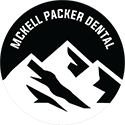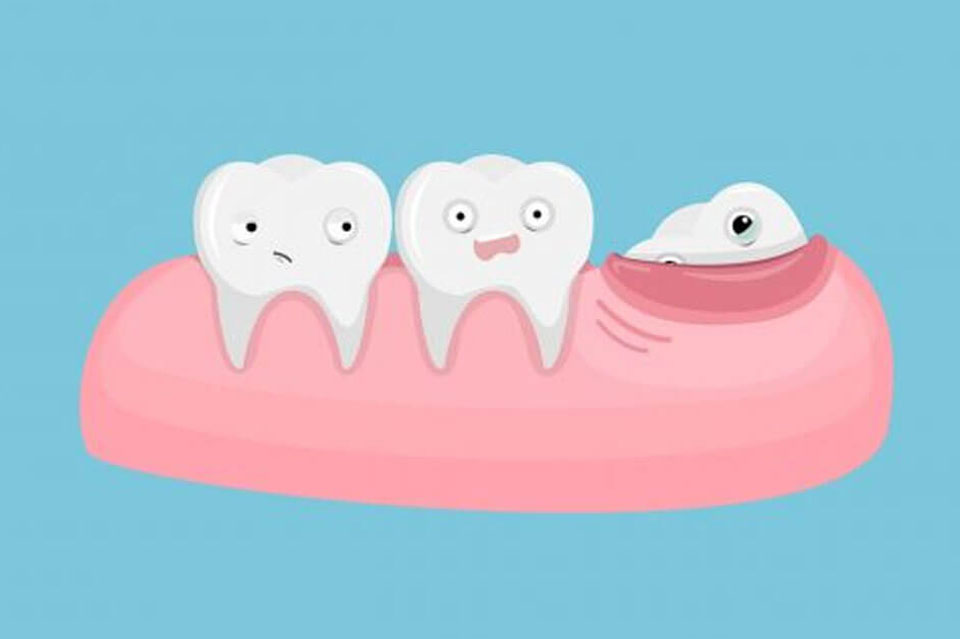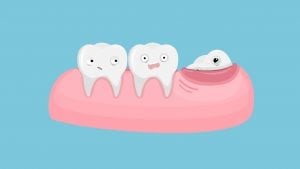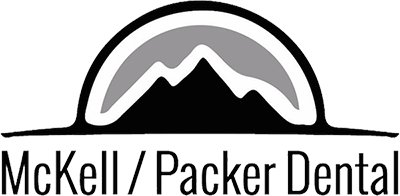What to Expect from a Wisdom Tooth Extraction
Wisdom tooth extractions are common dental procedures that entail the removal of the bottom and possibly the top row of wisdom teeth. This procedure is normally prescribed to patients whose wisdom teeth are impacted, growing at an angle, or have not erupted into the mouth. Impacted wisdom teeth cause severe toothache and place pressure on neighboring teeth, pushing them and causing them to become crowded.
Preparation for a Wisdom Tooth Extraction
Once your dentist has recommended you have your wisdom teeth removed, a date will be set for the procedure and the dentist will explain the surgery. In preparation for the extraction, make sure to ask your dentist the following:
- How many teeth are being removed?
- What type of anesthesia will be used?
- Will I need to organise someone to take me home after the procedure?
- How long will the surgery take?
- Will there be any follow up appointments or treatment?
- How long will it take for my mouth to heal?
- Will I need to take any medication before surgery?
- What should I not do before the surgery?
- What time must I be at the dentist’s office?
The Extraction Procedure
You will be placed under either one of the three types of anesthesia (local, sedation or general) depending on the complexity of the extraction and your preferred level of comfort. The dentist will then make an incision in the gum tissue to expose the whole wisdom tooth and the jaw bone. Bone will have to be removed to expose the root of the wisdom tooth. The tooth will then be cut up into segments for easy removal.
Once the tooth is removed, the site will be cleaned before being stitched closed. It is not always necessary to stitch the wound closed, and sometimes this step is skipped over. A sterile gauze will be placed over the site to aid in the formation of a blood clot.
What to Expect After the Procedure
You will be allowed to recover from the effects of the anesthesia in the dentist’s chair or in a separate recovery room. You will be allowed to go home after the surgery, where after you should follow the dentist’s instructions on how to take care of your dental health.
The dentist’s instructions will most likely include:
- Avoid excessive spitting as it could dislodge the blood clot.
- Hold a cold pack over the jaw or take prescribed medication to relieve pain or swelling.
- You should rest after the surgery and avoid any strenuous activities for a least the first 7 days.
- Drink lots of water after the procedure and avoid, coffee, alcohol or other hot beverages for the first 24 hours.
- Eat only soft foods for the first day after surgery.
- Do not smoke for at least 72 hours after the extraction.
You should contact your dentist immediately if you experience excessive bleeding, pus at the site, a fever, a bad taste in the mouth, excessive swelling, or difficulty breathing and swallowing.



